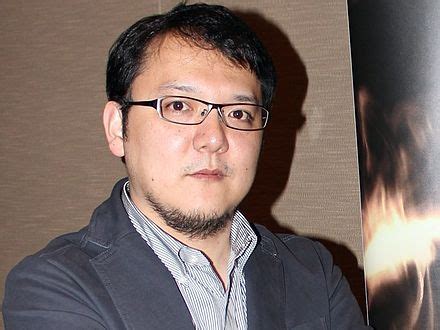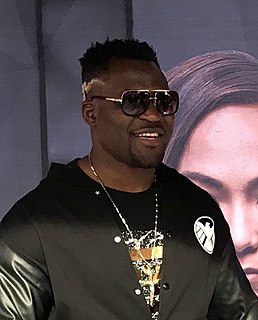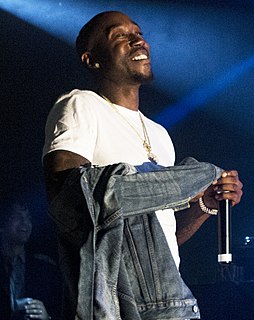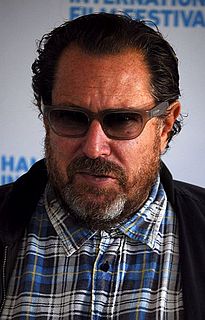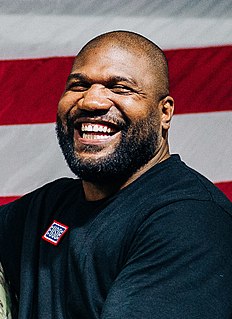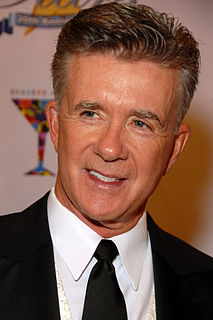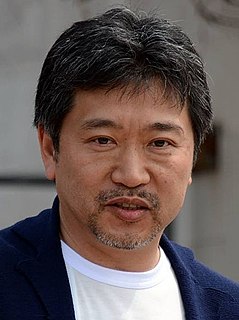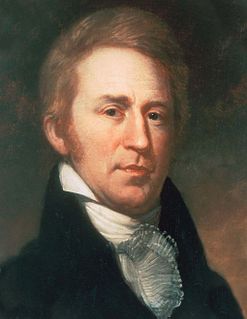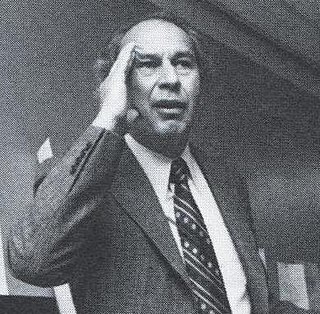A Quote by Hidetaka Miyazaki
Unlike most kids in Japan, I didn't have a dream. I wasn't ambitious.
Related Quotes
I think the retirement crisis globally is a major problem. I think it's especially prevalant in countries such as Japan, where immigration is an issue. I think the US is more shielded from it than most countries in the world. It has a higher birth rate than Japan, immigration is tolerated here unlike probably it is in Japan. I don't think it's as big an issue in the US as it is elsewhere in the world.
Koizumi was not rooted in Japan's rightwing nationalist tradition: he was a pragmatist and a populist. Abe, in contrast, is a rightwing nationalist. Unlike Koizumi, for example, he has questioned the validity of the postwar Tokyo trials of Japan's wartime leaders, which found many of them guilty of war crimes.
The election of Shinzo Abe as the leader of Japan's ruling Liberal Democratic party and now prime minister will have profound repercussions for Japan and East Asia. Most western commentary during the premiership of Junichiro Koizumi has been concerned with the extent to which Japan has allowed a freer rein to market forces.
But then foreign critics right away made sweeping comparisons to haiku, noh theater, and directors like Ozu, as if the movie were somehow representative of Japan - which was, well, not what I was after. Similarly, with After Life, I deliberately set out to make a movie that was unlike what I imagined the foreign conception of Japan to be, and I figured non-Japanese wouldn't find it interesting at all.
After its defeat in the Second World War, Japan, unlike Germany, failed to show true contrition or give a fulsome apology, though it showered its neighbours, including China, with generous economic assistance. Only in 1995 did it finally offer an apology, but this was of the most limited and formulaic kind.
